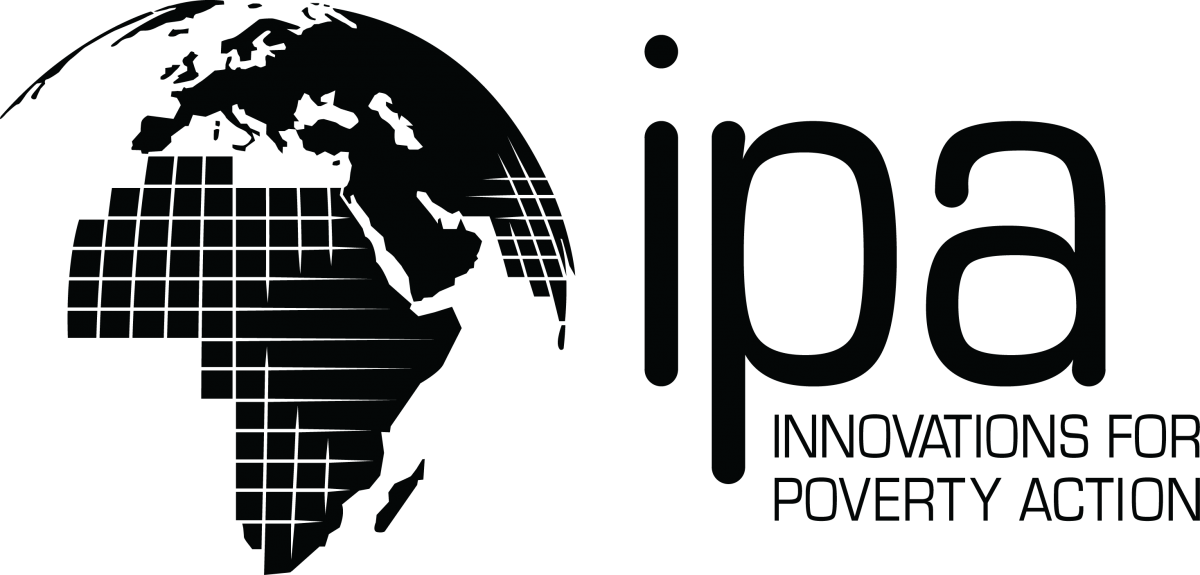
Making the Case for the Universal Standards of Social Performance Management >
By Mary Jo Kochendorfer
This past summer, the microfinance industry recently celebrated a milestone when the Social Performance Task Force (SPTF) released the Universal Standards of Social Performance Management (USSPM) after a worldwide consensus-building effort. After much work and collaboration, the microfinance industry, by way of the SPTF, came together and put forth standards which outline the best practices for monitoring and managing social performance. The SPTF defines social performance as "the effective translation of an institution's social mission into practice in line with accepted social values." Following the SPTF annual meeting back in June, regional microfinance networks have also prioritized social performance in their agendas.
 Last month, the Africa Microfinance Network (AFMIN) hosted its annual conference in Kampala, Uganda to discuss “the State-of-the-Practice of Social Performance Management in Africa”. While there, I participated in a panel on Poverty Measurement Tools along with colleagues from Caurie-Microfinance, VisionFund International and CGAP.
Last month, the Africa Microfinance Network (AFMIN) hosted its annual conference in Kampala, Uganda to discuss “the State-of-the-Practice of Social Performance Management in Africa”. While there, I participated in a panel on Poverty Measurement Tools along with colleagues from Caurie-Microfinance, VisionFund International and CGAP.
(Got 15 minutes? Watch my presentation on poverty measurement with the PPI.)
It was exciting to see that so many organizations are interested and currently embarking on measuring poverty of their clients. For me, one of the highlights was listening to Alex Counts, CEO of Grameen Foundation, speak on the importance of putting clients first and the role of CEOs. During his speech he made a compelling argument for organizations to embrace the Universal Standards and take action.
“The time of ‘letting a thousand flowers bloom’ is ending,” Alex said, alluding to the ways in which the microfinance industry has approached the subject of social performance management. “We no longer have that luxury. We must unite and work together to use these standards and improve them through our experiences.” Rather than each institution defining its own SPM approach and practices, we can finally unite behind the standards.
Why the urgency? Alex highlighted that over the past few years, the entire microfinance industry has fallen into controversy thanks to the mistakes of a few microfinance institutions (MFIs) that neglected – or altogether abandoned – the mission to help the poor. Though these institutions are not representative of the majority of the worldwide microfinance industry, they have damaged the industry’s reputation and undermined the work of MFIs that are committed to a social mission. The USSPM are a clear and practical response to this crisis.
 Alex challenged professionals at AFMIN to demonstrate their commitment to social performance by staying honest and pro-active. Specifically, Alex urged CEOs to both adopt and assess the standards, stressing that there is power in collective action. Grameen Foundation, as a member of the Microfinance CEO Working Group, will work with partner organizations to ‘beta test’ the standards. Earlier in the year, the CEO Working Group (which includes CEOs of leading organizations, such as Accion, FINCA, Freedom from Hunger, Grameen Foundation USA, Opportunity International, Pro Mujer, VisionFund International, and Women’s World Banking) publically endorsed the Universal Standards as a part of its effort to support the refocusing on responsible and client-centered microfinance. Social Performance leads from the eight organizations continue meeting monthly to share information and update each other on efforts on testing the Universal Standards with its partners. Beta testing the standards is an important effort. We will examine the standards and essential practices to understand where further clarification is needed, identify best practices and start to understand what it really means to embrace the standards.
Alex challenged professionals at AFMIN to demonstrate their commitment to social performance by staying honest and pro-active. Specifically, Alex urged CEOs to both adopt and assess the standards, stressing that there is power in collective action. Grameen Foundation, as a member of the Microfinance CEO Working Group, will work with partner organizations to ‘beta test’ the standards. Earlier in the year, the CEO Working Group (which includes CEOs of leading organizations, such as Accion, FINCA, Freedom from Hunger, Grameen Foundation USA, Opportunity International, Pro Mujer, VisionFund International, and Women’s World Banking) publically endorsed the Universal Standards as a part of its effort to support the refocusing on responsible and client-centered microfinance. Social Performance leads from the eight organizations continue meeting monthly to share information and update each other on efforts on testing the Universal Standards with its partners. Beta testing the standards is an important effort. We will examine the standards and essential practices to understand where further clarification is needed, identify best practices and start to understand what it really means to embrace the standards.
After listening to Alex and the other esteemed speakers and guests, I felt the African associations and practitioners were collectively agreeing that the next steps in Social Performance Management here in Africa were steps towards action and practice. The call for action was clear and I look forward to participating and learning how the practitioners not only support but put the Universal Standards into practice within each organization.
- Inicie sesión o regístrese para comentar


